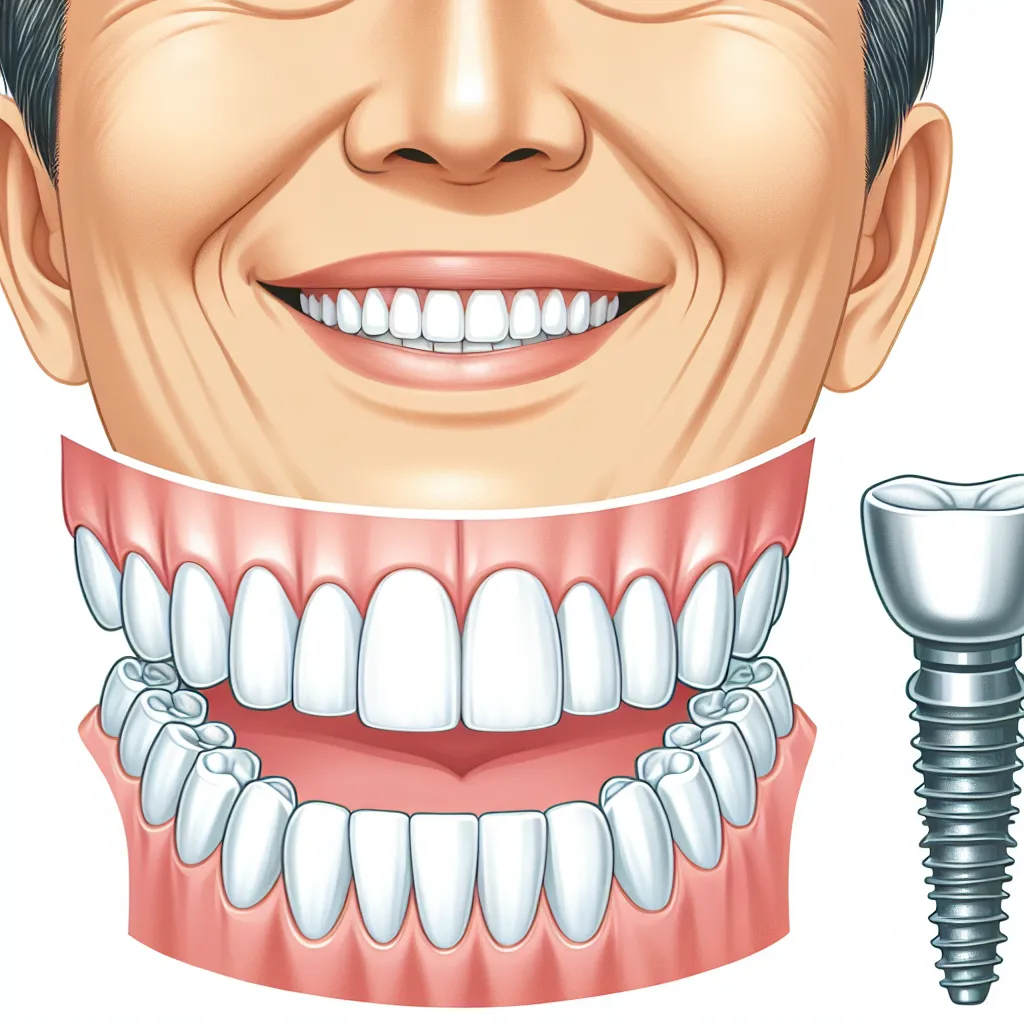Discover how all on 4 dental implants provide a quick, stable, and long-lasting solution for full-mouth restoration and renewed confidence....
Learn everything about whole mouth dental implants—cost, procedure, benefits, and recovery—to decide if this life-changing solution is right for you....


